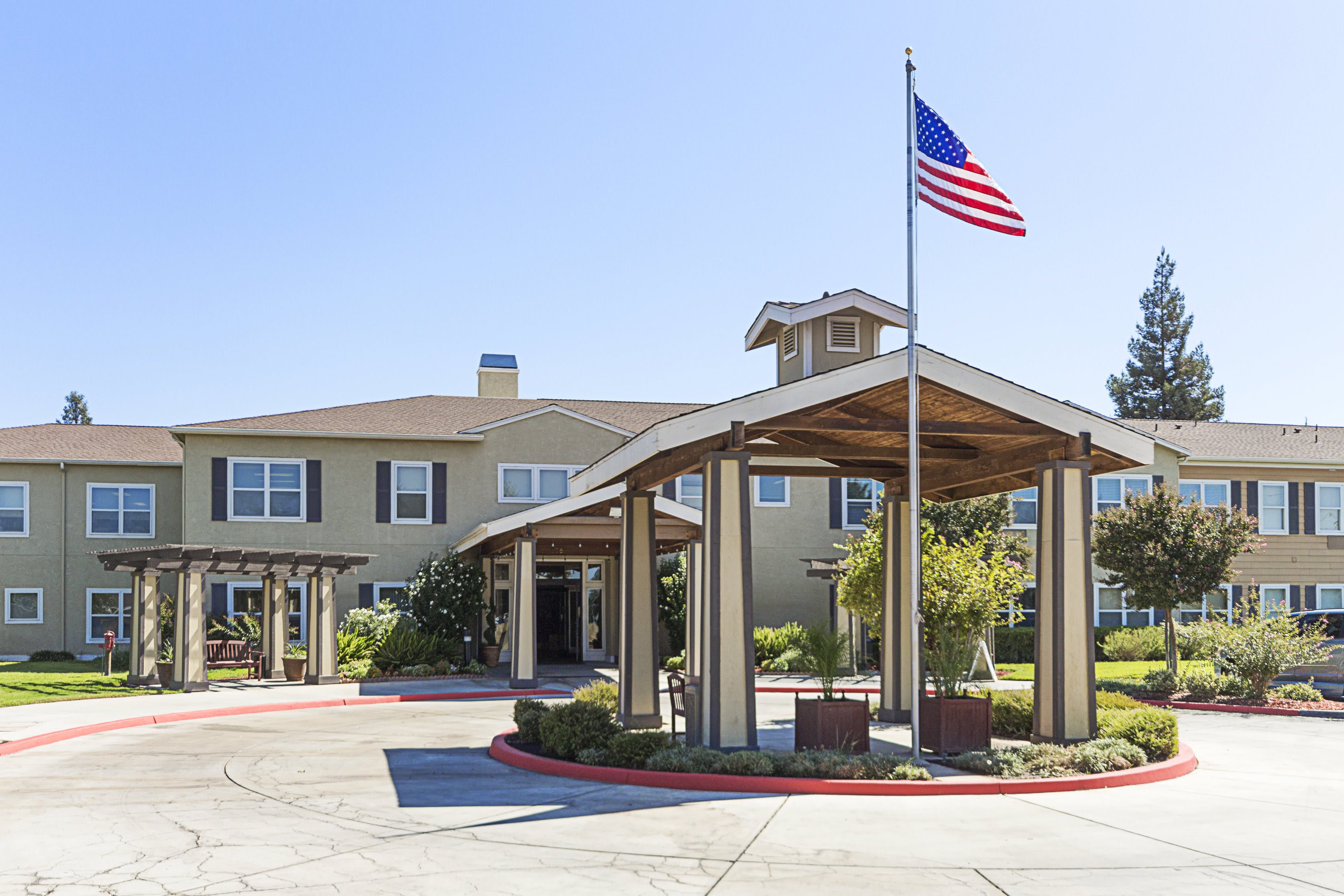
Private duty nursing can be described as a type of care that is provided by licensed nurses. Private duty nurses may be LPNs/LVNs or RNs. The benefits of private duty nursing are numerous. Private duty nursing has many advantages. Patients are given one-on-one care and caregivers can be more flexible about their schedules. There are also some downsides. These are the cons of private nursing.
It was a flexible job
Private duty nursing was once a great option to a full-time job. Hospitals rarely offered permanent jobs for nurses and instead hired them on a per-diem basis, allowing them to work whenever they were needed. This system was designed to keep costs down while still having adequate staffing levels for the patients they serve. But private duty nurses found the per-diem model dissatisfying and many stayed in the private-duty field.
It was seen as a wasteful use of professional nurse resources
Private duty nursing was once considered a wasteful practice by many nurses. In today's healthcare environment it is becoming more common. Many organizations have outlawed private duty nursing and nurse unions are speaking out against it. The main reason for the change in opinion is the lack of staffing, and the availability resources in drug rooms.
It is still popular today
Despite the increasing popularity of in-home care, private duty nursing is an unpaid form of care. The private nurse's services are usually paid for by the clients, although insurance may cover them proportionally based on their medical needs. Some insurance plans will pay for the entire care arrangement if the client requires medication only once a day. After the client ceases to require medical care, insurance will no longer pay for any nursing services.
